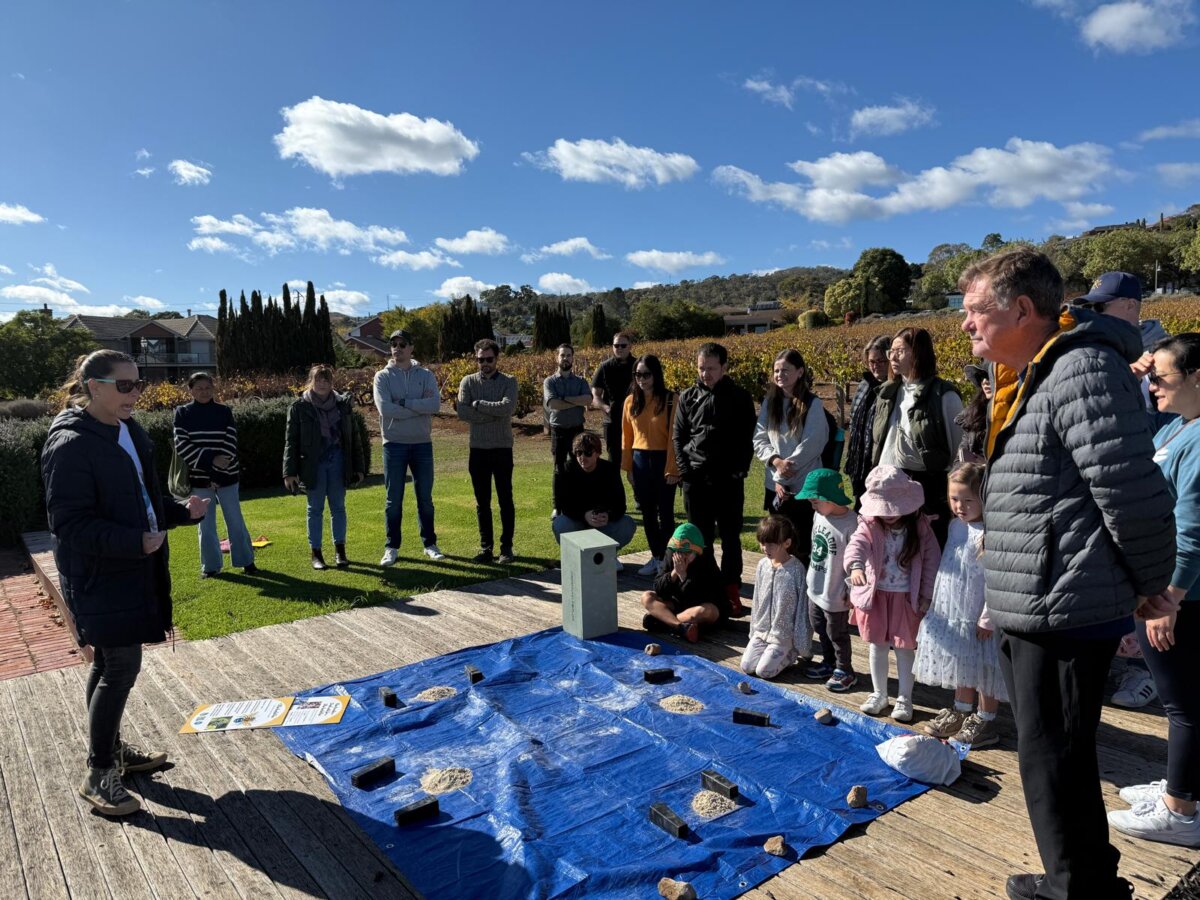In case you needed convincing - or if you need some research to convince others of the benefits of outdoor learning, some recent studies present compelling evidence of why we need to get students outdoors. Brain development, physical development, emotional regulation, appreciation for nature that is urgently needed in a world where disconnection is rife… just a few reasons why we at PlantingSeeds and our B&B Highway program stress that outdoors reduces stress about these issues.
For organisations like PlantingSeeds, the classroom extends beyond four walls. Our B&B Highway program enables students to plant, make habitats, do biodiversity audits and explore for citizen science. We observe seasons and have respite from computers and hard technology. We generate wonder at the little things that help run the world.
Nature is more than just a nice backdrop for learning, and multiple studies agree: In a recent review by scientists Christoph Becker and Gabriele Lauterbach published by the International Journal of Environmental Research and Public Health in 2017, researchers examined different curriculum-based outdoor education programs and found positive results in students’ social, emotional, academic, and physical development. In particular, a student’s social growth stood out remarkably, with improved communication, collaboration, and emotional intelligence being evident through having outdoor learning experiences. Similarly, an academic review by Frontiers in Public Health showed that natural environments produce academic and social growth.
Despite compelling evidence, outdoor education has still not been incorporated across the board in Australian schools. One of the biggest barriers to bringing learning outside? Teacher training. According to a 2023 article in the Educational Research Journal by Leena Kiviranta, while having found positive effects from hands-on outdoor education, noted that many educators are not prepared to incorporate lessons into the natural world around them. More resources are needed to equip teachers with the resources to organize effective outdoor activities. When these teachers are given the resources to properly lead outdoor education sessions, children experience benefits in their holistic well-being.
However, the challenges we face are more than just teaching ability- they are environmental too. Urban areas are often where biodiversity is least supported with limited green spaces and a rapidly declining native plant population. Yet, these are places where pollinators are most needed, as approximately 46% of significant Australian fauna and 25% of flora live in urban environments. Outdoor learning can provide a solution. By transforming school grounds into living gardens rich with native plants and insect habitats, we can increase a child’s understanding of the land around them and improve urban biodiversity, where children can engage with science by doing science, and not just reading about it.
At PlantingSeeds, we believe outdoor education is more than just a supplement to classroom instruction. Outdoor education is a central part of creating a connected, compassionate, and climate-friendly community. Let’s raise a generation that doesn't just learn about nature, but with it.
Article by Crystal Smith
References:
https://www.mdpi.com/1660-4601/14/5/485
https://www.tandfonline.com/doi/full/10.1080/00131881.2023.2285762#abstract
https://www.frontiersin.org/journals/public-health/articles/10.3389/fpubh.2022.877058/full

